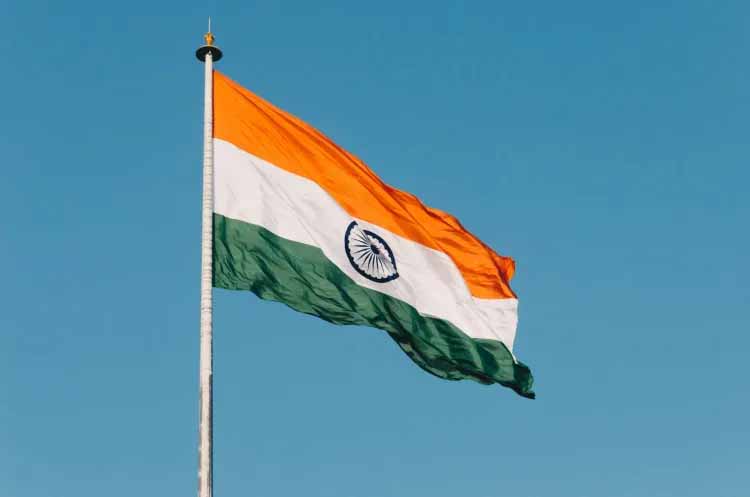previous post

Indian envoy to Canada, Sanjay Kumar Verma, who was withdrawn by New Delhi in October, criticized Trudeau’s government, accusing it of leveraging allegations against India for political gain. Verma stated that India had provided detailed evidence of extremist activities by Khalistani groups in Canada, but the Trudeau administration failed to act, prioritizing political expediency over addressing legitimate security concerns.
India’s Foreign Minister S. Jaishankar underscored this sentiment in May, asserting that Canada’s approach reflected a willingness to compromise the rule of law to accommodate political interests. He emphasized that promoting freedom of speech does not equate to tolerating threats, violence, or separatist advocacy. This position was reinforced by New Delhi’s rejection of Canadian allegations linking Indian agents to Nijjar’s assassination, which India labeled as baseless and politically motivated.
The crisis worsened in October when Canada designated Indian diplomats, including Verma, as persons of interest in Nijjar’s killing. Ottawa claimed to possess concrete evidence linking six Indian officials to the murder, further straining relations. India responded by expelling Canadian diplomats, halting consular services, and dismissing the allegations as a deliberate smear campaign.
The situation took a darker turn in November when pro-Khalistani supporters attacked attendees at an Indian consular event in Toronto. This incident, coupled with Trudeau’s admission of a Khalistani presence in Canada, highlighted Ottawa’s perceived inability to safeguard Indian citizens and institutions. Although Trudeau attempted to clarify his stance, stating that Khalistani supporters do not represent the Sikh community as a whole, the damage to diplomatic ties appeared irreversible.
The year-long standoff underscored the complexities of balancing domestic politics with international diplomacy. Trudeau’s approach has been criticized for exacerbating tensions and isolating Canada in its dealings with India, a nation seeking to assert its position as a global leader. As the diplomatic rift shows no signs of resolution, the impact on trade, cultural exchanges, and geopolitical cooperation between the two countries remains profound.
